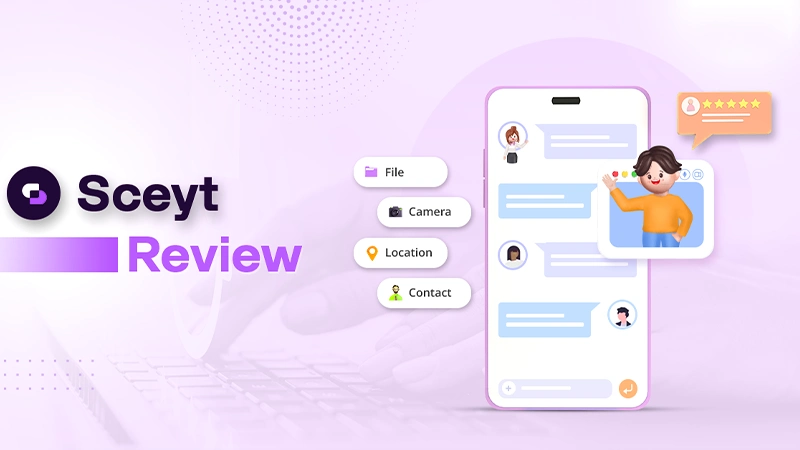5 Benefits of Software Testing
Software testing is a method of verifying that the actual software product meets the specified requirements and that it is defect-free. It involves evaluating one or more properties of interest using established algorithms and manual or automated tools. The goal of software testing is to find bugs, gaps, and requirements that were not stated during the product design phase.
Simply put, testing is the process of comparing an application to its specification and quality standards.
Nowadays, the use of software is the “bread and butter” for many companies. Our productive lives depend entirely on working software. That is why quality must be an integral part of any software project. The science behind testing is to accurately determine the quality of software to ensure that it always works properly.
In this regard, professionals in the field of software API testing are becoming more and more in demand. Tests are the best ally in terms of value for money and the ability to guarantee excellent software quality. The Essaypay company that works with students, tells students about the benefits of being a software tester. Let’s take a look at them.
The Benefits of Software Testing
1. Quality Control Saves Time and Money.
How much money does a software project with bugs cost you? It is well known that the longer a bug in your software goes undetected, the harder and more expensive it becomes to fix it. By using QA testing throughout the development process, you will save time and money after implementation.
2. Testing Prevents Catastrophic Corporate Emergencies.
The stakes are considerably higher when it comes to enterprise software. System crashes, missing data, and communication breakdowns can all be caused by bugs in corporate software. If you’re going to use the software for business or with sensitive data, you’ll want to be sure it functions exactly as it should. There isn’t any room for error.
3. Quality Control Builds Customer Confidence.
By making software quality assurance testing an explicit priority of software development, you are sending your customers the message that you want their software to be as successful as possible. This is extremely important when it comes to quality and building long-term relationships.
4. Testing Provides an Excellent User Experience.
It is becoming increasingly clear that user experience will either create the product or break it. If the software fails or is slow, it prevents the user from working with the product. A poor user experience leads to dissatisfaction and frustration. A good user experience that you get by thoroughly testing the software product leads to a satisfied user who is much more likely to recommend the product and your business to others.
5. Testing is More Profitable.
If you produce software with the intention of promoting or selling it, investing in quality assurance will allow you to charge a higher price for it. There is nothing worse than an angry customer who has paid for a product that does not work.
What are the Required Software Testing Skills?
Regardless of how you prepare for a career in software testing, here are the skills you should have or plan to develop:
- Create and document plans and procedures for automated and manual testing, execute tests, analyze results, and report test problems and errors;
- Perform software testing at all stages of the software life cycle: development, testing, maintenance;
- Understand various development methodologies such as Agile and Scrum;
- Have in-depth knowledge of several testing tools;
- UNIX, Linux, and/or Windows knowledge, as well as scripting and command-line tools;
- Be an excellent communicator (written and oral).
Some job positions necessitate programming knowledge and database knowledge. To be a tester, you don’t need years of programming knowledge, but it doesn’t hurt to go through the basics.
As a result, by providing high-quality software that works, you improve your reputation and gain a loyal audience. Don’t put your clients’ patience to the test by continuously fixing unstable software. You don’t want to cope with the shambles of software defects, frantic communication, and hurried fixes. Testing organized at an early stage in your development approach will allow you to work more quietly and efficiently.
Share
















